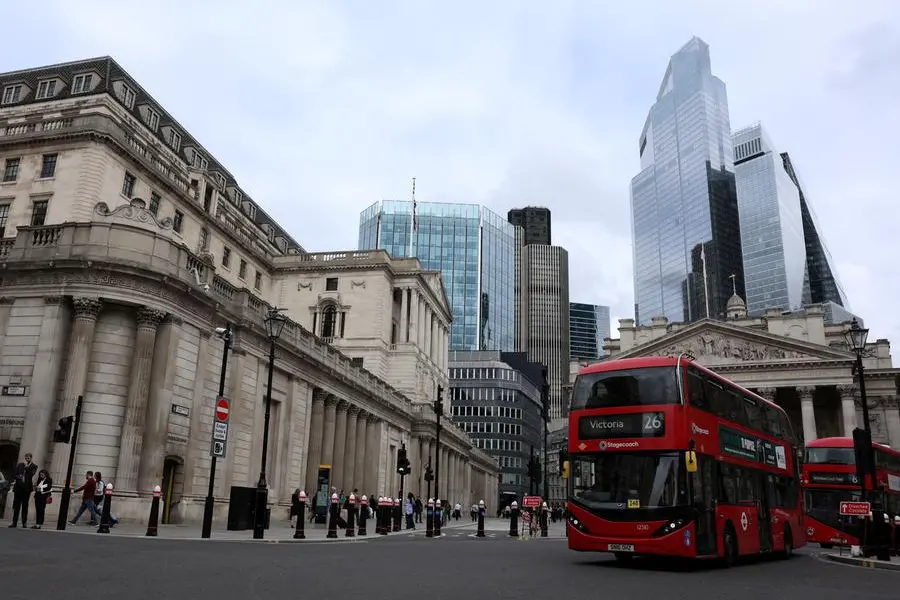PHOTO
Britain's labour market cooled dramatically in December as employers continued to grapple with tax rises announced in the government's budget, according to a survey of recruiters on Thursday that showed vacancies slumping.
The monthly index of demand for staff from the Recruitment and Employment Confederation and accountants KPMG fell in December to its lowest since August 2020, during the COVID-19 pandemic, at 42.8, down from 43.9 in November.
Outside of the pandemic, it was the weakest reading since the 2008-09 global financial crisis.
The survey showed an especially big fall in permanent placements - the sharpest since August 2023 - and added to a run of poor economic indicators since finance minister Rachel Reeves announced the biggest tax rises since 1993 in October.
"This report emphasises a weak mood in some businesses as they built their budgets for this year, and made changes designed to save on costs after a tough budget," said REC chief executive Neil Carberry.
He added that data for January - when labour market activity usually picks up after a seasonal dip in December - would be key for assessing the true depth of the slowdown.
Britain's economy stagnated in the three months to September and the Bank of England has estimated that it flatlined again in the fourth.
REC's gauge of permanent starting salaries rose to a four-month high in December, something that could catch the eye of the BoE's Monetary Policy Committee as it assesses inflation pressure in the economy.
A separate business survey on Monday showed employers cut staffing at the fastest rate in almost four years, which they linked to the budget's increase in employer social insurance contributions from April.
Reeves has described the budget as a one-off event to restore Britain's public finances and raise the investment needed to improve economic growth in the long run. (Reporting by Andy Bruce; editing by David Milliken)





















